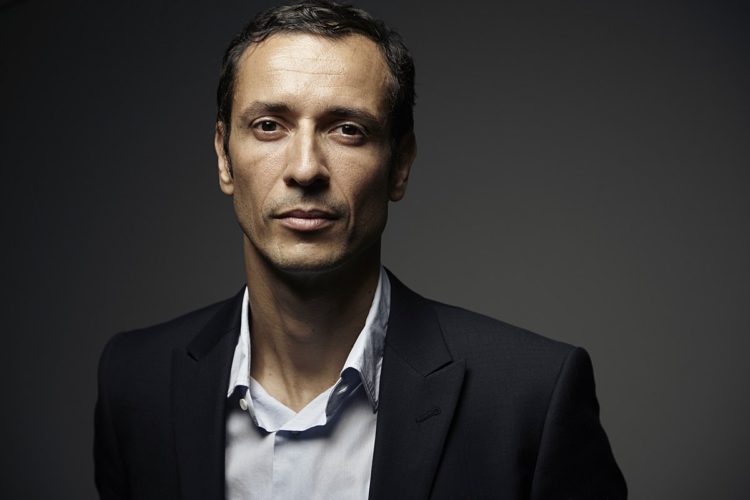By Gavin Mackintosh-
Entrepreneur , Jean Claude Bastos earned $41m in a short period of 20 months from managing the Oil wealth of Angola, leak documents reveal.
Bastos was placed in charge of managing the oil wealth of the struggling African state of Angola, amassing the wealth somewhat discretly.
The payments were made to the entrepreneur through a complex web of companies set up in the offshore jurisdiction of Mauritius.
Jean-Claude Bastos also set up large investment deals because of his privileged position, and stands to profit further, the Paradise Papers show.
Angola set up a sovereign wealth fund, used to invest the proceeds of its natural resource wealth. The aim of the fund is ultimately to benefit the indigenous people of Angola and their future offspring, but many of those in power in the massively corrupt nation often extort vast amounts of money for their own greedy fulfillment.
Apart from the hefty corruption that dogs Angola, the country suffers extreme poverty and also has one of the highest child mortality rates in the world.
The fun-, Fundo Soberano De Angola (FSDEA),-was initiated with a whopping $5bn (£3.75bn) in 2011, but was constantly embroiled on scandalous controversies, leading to the appointment of the son of the former Angolan President Eduardo dos Santos’ , 39-year-old Jose
Filomeno to spearhead the company..
Jean-Claude Bastos- a dual citizen of Switzerland and Angola, and close friend of the then president’s son, was elected to be the fund’s asset manager.
Mr Bastos was oddly put in charge of investing majority of the fund’s money, and was paid heavily for his appointed role. His company, Quantum Global Investments Africa Management, manages about 85% of it. The state of affair has left a bitter taste in the mouth of observers and critics who are cynical about the whole arrangement.
PROCESS
In a statement, the FSDEA told the BBC the appointment of Mr Bastos‘ company to manage the fund followed “an objective process”. They said the firm was selected because of its ”exemplary performance on previous mandates with the Angolan authorities”. However, exemplary performance doesn’t justify the ascription of so much power and privilege to one individual or company, when it involves millions of pounds. A rat seems to smell somewhere.
The fund also ridiculously claimed that giving close to total control of investments to one asset manager was part of its policy for the first 18 months only. Details contained in the Paradise Papers investigation show the fund paid management fees of over $90m (£67.5m) to Mr Bastos’ Mauritius-based QG Investments Africa Management during a 20-month period between May 2014 and the end of 2015.
ASPIRATIONS
Bastos, who was born in Switzerland, has a lot to thank Angola for. He professes high aspirations to invest back into the formerly war torn nation, and play his part in its successful development. To that end he has successfully created ‘the African Innovation Foundation’, which awards annual prizes to inventors, and also the African Law Library, which provides free, and easy access to legislation. A true entrepreneur, his business moves have suspicious motives given the phenomenal financial gains he has made from it.
In 2012, Quantum Global -owned by Bastos- received the contract to manage a fund known as Fundo Soberano de Angola (FSDEA)- a $5bn sovereign wealth fund set up to “promote growth, prosperity and social and economic development across Angola”. He was close friends with the president’s son, 34 year old José Filomeno dos Santos, who was appointed as the chairman of the board of directors. Bastos was a mentor of Dos Santos
$3bn was assigned to Quantum , and divided into seven funds for different types of investment including infrastructure, hotels and timber. In 2014, during which only two of the funds were active for seven months, Quantum received management fees of $29m. For the same period, $13m is believed to have been paid in dividends to QG Investment Ltd, a company incorporated in the British Virgin Islands and owned by Bastos.
Quantum operated on the arrangements that for each of the seven funds, an “investment committee” staffed by Bastos and others would play an advisory role on investments. The minutes of those investment committee meetings revealed in the Paradise Papers, show that on at least three occasions besides Port of Caio, Bastos’s firm decided the money would be invested in projects in which he held an interest. How suspect! High integrity would have appreciated the importance of investing in other companies besides those in which the chief manager had a vested business interest. A huge conflict of interest arises that deeply questions the level of honour in the roles played by Bastos despite no obvious illegal activity unearthed by the Paradise papers by Bastos or his tremendously affluent firm.
Bastos has earned a fortune that far exceeds anything he would have earned had he lived his whole life in Switzerland without stepping foot in Angola. Few successful businessmen in Switzerland can compare with Bastos when it comes to wealth. He has managed to keep his tracks tight and covered with respect to any obvious illegal conduct. However, a high cloud of suspicion hangs over him.

